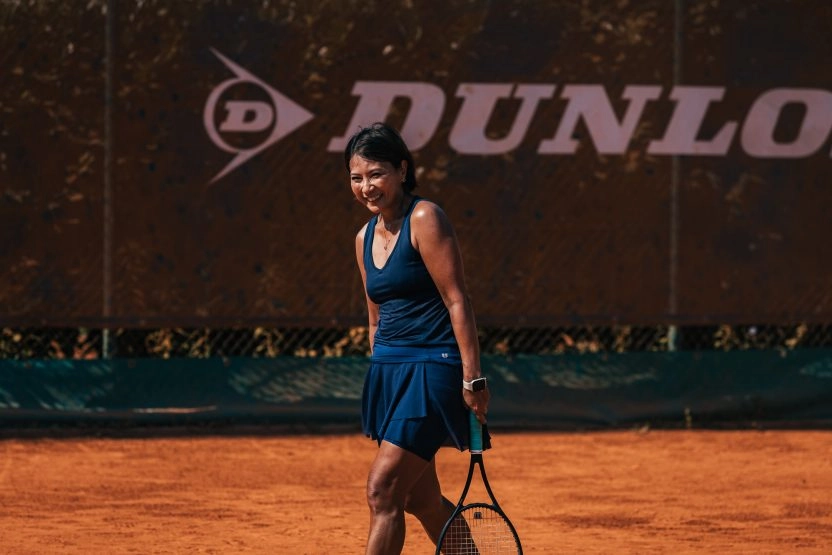Introspection
The first step in getting to know yourself is introspection. It’s crucial to take a step back after each training session or match to analyse your performance. Identify the moments when you excelled and those when you struggled. What went wrong? This regular reflection allows you to better understand your reactions and adjust your approach.














